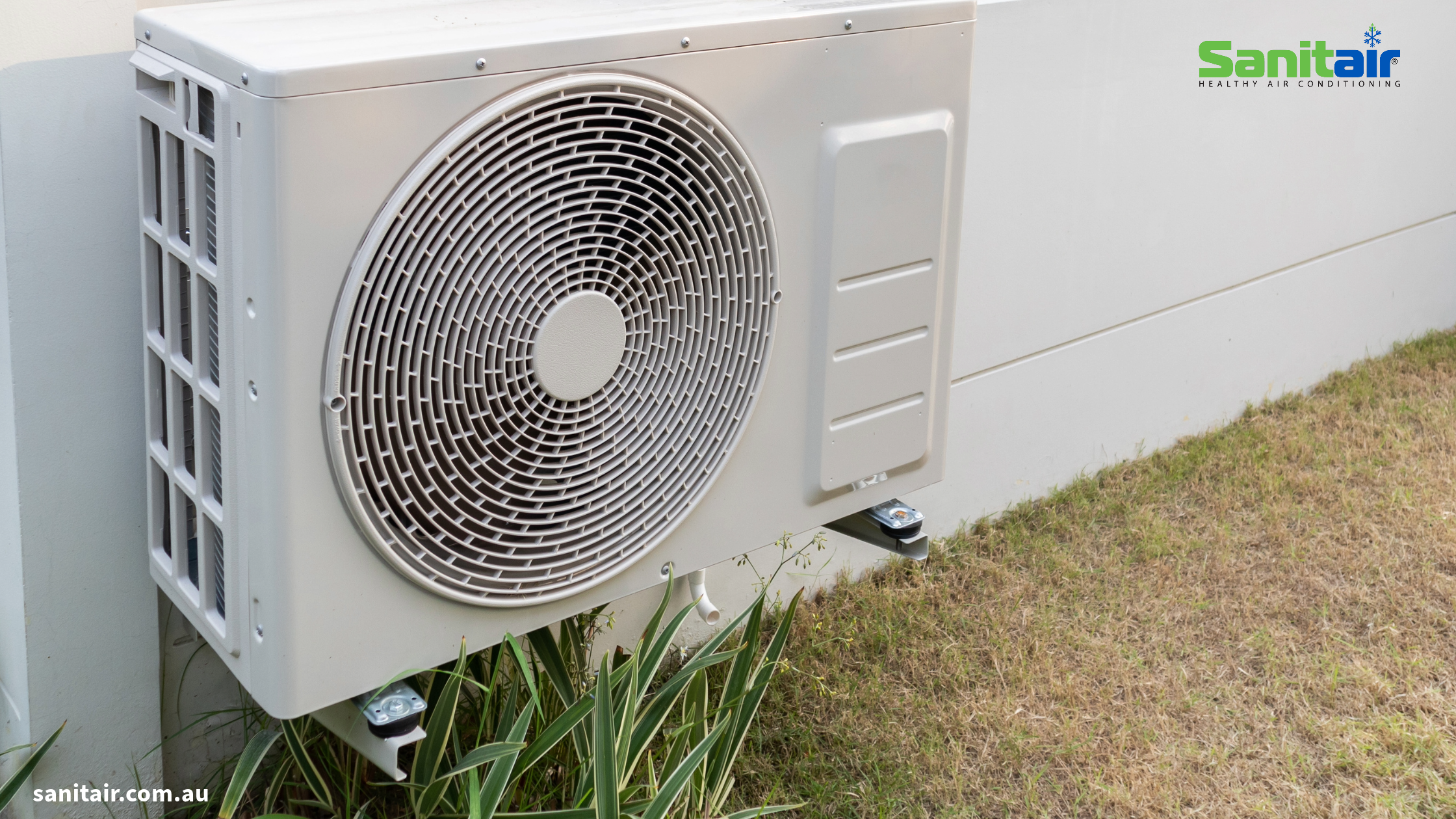
Do outside Air Conditioner units need cleaning?
The outdoor component of your air conditioner is called the condenser unit and Yes, it's a good idea to clean your outdoor condenser unit regularly to maintain its efficiency and prolong its lifespan.
Over time, debris such as grass clippings, leaves, dirt, dust, and other particles can accumulate on the unit's coils/fins causing it to work less efficiently which will play a role in higher energy consumption and more expensive power bills.
Here are some steps you can follow to clean your outdoor air conditioner:
1. Turn Off the Power: Before you start cleaning, make sure to turn off the power to the unit to avoid any accidents or electrical hazards. This can be done by turning the isolator switch of adjacent to the outdoor unit or the breaker switch in you distribution or meter box. Test with the system remote to ensure that power has been isolated to your system.
2. Clear Debris: Remove any leaves, sticks, or other debris that might have gathered around the unit. Trim any nearby bushes or vegetation to ensure proper airflow around the unit. Be careful to never touch the fins with any part of your body as they are extremely sharp and can leave nasty cuts.
3. Flush the Condenser Coils: Gently clean the fins (also known as condenser coils) by using your garden hose in a downward motion to flush contaminants from within the coils. Be careful not to physically touch, bend or damage the fins, as they play a crucial role in the unit's efficiency. Always flush from top down and never point your nozzle upwards as water could enter the electrics/electronics damaging your system and leaving you with a large repair bill.
4. Clean the Condenser Cover: It is safe to wash the outdoor condenser unit with a mild detergent and let dry before turning power back on. Never spray any water into the front of your condenser or directly at the fan unit. Always wash from the top down pointing your hose towards the ground.
5. Inspect the Refrigerant Lines: Look for any visible damage to the refrigerant lines. If you notice any leaks or damage, it's best to contact a professional HVAC technician for repairs.
6. Professional Maintenance: While regular cleaning is important, it's also a good idea to schedule annual professional maintenance for your air conditioner. HVAC technicians can perform more in-depth inspections and deep cleanings to ensure your unit operates efficiently.
Remember, proper maintenance can significantly extend the lifespan of your air conditioner and help it perform optimally, which can lead to lower energy bills and a more comfortable indoor environment.
If you're unsure about any aspect of cleaning or maintaining your air conditioner, it's best to consult with a professional HVAC technician. Sanitair Technicians provide professional air conditioning cleaning and can be contacted in your area today by calling FreeCall 1800 130 168.
